New Delhi, October 1 –
India on Tuesday welcomed U.S. President Donald Trump’s 20-point Gaza peace plan, calling it a “viable pathway” to ending the cycle of conflict in the region. Prime Minister Narendra Modi, in a statement issued by the Ministry of External Affairs, urged “all concerned parties to support constructive talks and ensure humanitarian access.”
The move places India alongside several member states of the Organization of Islamic Cooperation (OIC) who have also cautiously voiced support for the proposal. With Gaza’s humanitarian crisis deepening and international pressure mounting, the plan seeks to create safe corridors, a ceasefire framework, and phased political negotiations to address both immediate and long-term concerns.
The 20-Point Trump Plan: What It Proposes
According to early outlines, the U.S. proposal includes:
- Immediate cessation of hostilities between Israel and Hamas.
- Humanitarian corridors for aid delivery.
- Phased demilitarization of conflict zones.
- Security guarantees involving regional actors.
- Economic aid packages tied to compliance.
Analysts say the plan is ambitious, blending security imperatives with humanitarian priorities—but its success hinges on acceptance by key players, including Israel, Hamas, and neighboring Arab states.
India’s Strategic Balancing Act
For New Delhi, the decision to support the plan is an exercise in diplomacy. India maintains deepening ties with Israel (defense cooperation, technology) and longstanding relations with Palestinian leadership and Arab partners.
By endorsing Trump’s plan, India signals three key positions:
- Commitment to Dialogue: India reiterates its consistent policy of encouraging negotiations rather than unilateral solutions.
- Humanitarian Priority: Civilian safety, humanitarian aid, and protection of infrastructure remain central.
- Multilateral Support: India aligns with potential UN-led mechanisms that may emerge from the blueprint.
A senior diplomat noted, “India’s credibility lies in being able to speak to both sides. This balanced position strengthens our role as a responsible global player.”
Regional Response: OIC and Beyond
Several OIC members, including Gulf nations, have responded cautiously but positively, noting the plan could be a platform for broader regional consensus. Others remain skeptical, pointing to the fragile trust deficit on all sides.
Observers believe that if even partial implementation occurs, it could reshape Middle Eastern alignments, potentially easing tensions that affect global oil supply chains and regional security.
Energy and Market Implications
Markets and energy planners are closely monitoring the diplomatic developments. Any sustained ceasefire or reduction in hostilities could:
- Stabilize crude oil prices, which have been volatile due to Middle Eastern instability.
- Ease insurance and freight costs for shipments across the Mediterranean and Suez Canal routes.
- Encourage investment in regional reconstruction projects.
Conversely, failure of the plan could lead to spikes in crude, directly affecting India, the world’s third-largest oil importer.
India’s Historical Position on Palestine
India’s backing of the Trump plan reflects continuity in its balanced approach:
- India was one of the earliest non-Arab countries to recognize Palestine in 1988.
- Over the years, New Delhi has supported a two-state solution while deepening defense and tech ties with Israel.
- Humanitarian assistance, scholarships, and training programs for Palestinians continue as part of India’s outreach.
By endorsing dialogue over confrontation, India remains consistent with its past positions, while adapting to today’s shifting geopolitics.
Humanitarian Angle
The Gaza conflict has left thousands dead and displaced millions. India’s endorsement carries an implicit humanitarian message: protecting civilians is a non-negotiable principle.
PM Modi emphasized this by stating, “Any pathway to peace must prioritize the lives of innocent civilians, ensure humanitarian access, and create conditions for lasting stability.”
Global Reactions and UN Role
The UN has welcomed “any framework that reduces violence and prioritizes humanitarian needs.” European states, while cautious, see Trump’s plan as an opportunity to reset stagnant negotiations.
India has indicated that it would support UN-led monitoring and verification mechanisms, potentially sending humanitarian aid or peace-building assistance if called upon.
Critics’ Concerns
Despite cautious optimism, skeptics warn that:
- The plan may lack buy-in from Hamas, which distrusts U.S.-led frameworks.
- Israel’s security concerns may limit concessions.
- Ground realities in Gaza, including destroyed infrastructure, make implementation difficult.
Critics argue the plan risks becoming another diplomatic blueprint without execution.
Expert Commentary
- Middle East Analyst: “India’s support reflects pragmatism. It balances ties with Israel, Arab partners, and the U.S., while keeping humanitarian concerns at the forefront.”
- Energy Economist: “If the plan leads to stability, even temporarily, oil prices could stabilize, benefiting India’s economy.”
- Human Rights Advocate: “Dialogue is vital, but any peace plan must ensure accountability for civilian suffering.”
Why India’s Endorsement Matters
India’s voice carries weight in the Global South. By backing Trump’s plan, New Delhi:
- Signals alignment with emerging consensus among several OIC states.
- Reinforces its image as a neutral mediator.
- Positions itself as a responsible stakeholder in West Asian stability, which directly impacts its diaspora and energy security.
Conclusion: A Calculated Endorsement
India’s support for Trump’s Gaza peace plan is less about endorsing a U.S. initiative and more about reinforcing its diplomatic principles: dialogue, humanitarian relief, and multilateral engagement.
As the conflict’s future unfolds, New Delhi will continue to walk a delicate tightrope—balancing values, interests, and partnerships.
The larger question: Will the Trump plan be remembered as a turning point in Gaza’s history or another missed opportunity?
#India #Gaza #Diplomacy #PMModi #US #MiddleEast #PeacePlan #ForeignPolicy #TrumpPlan #Dialogue




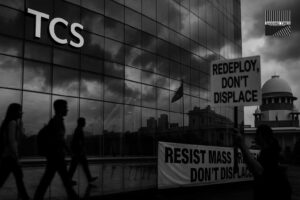






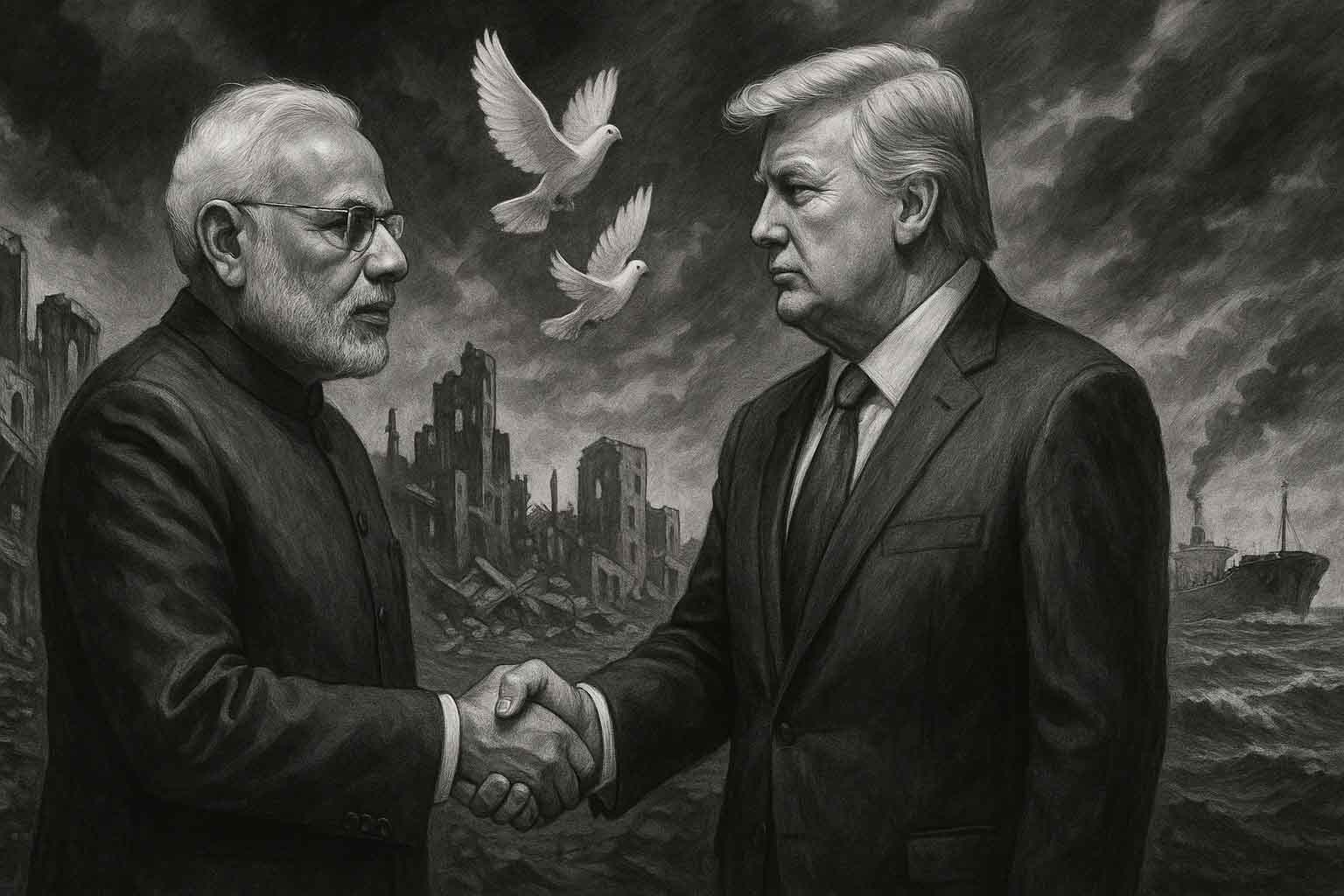
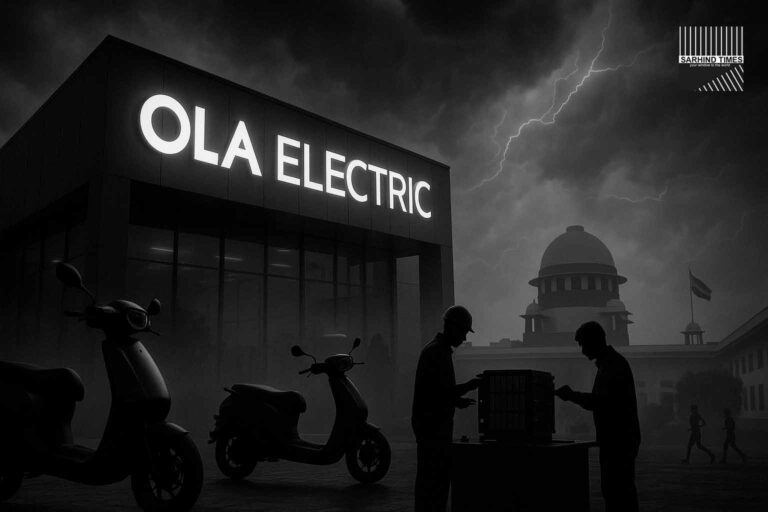
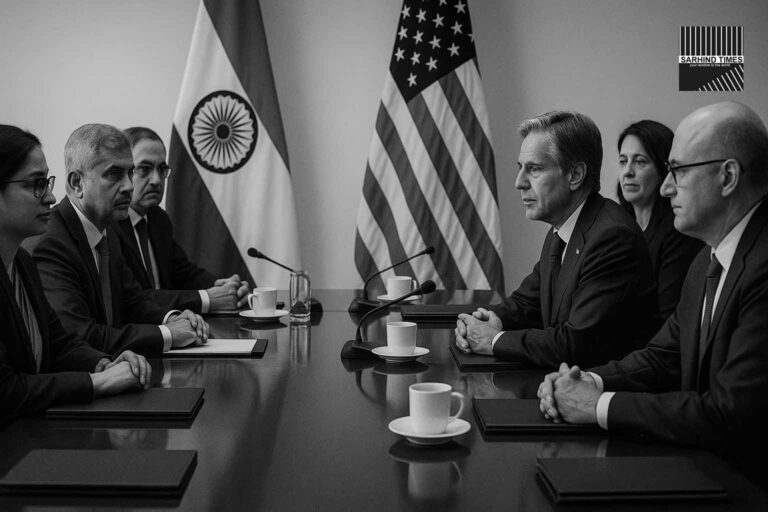
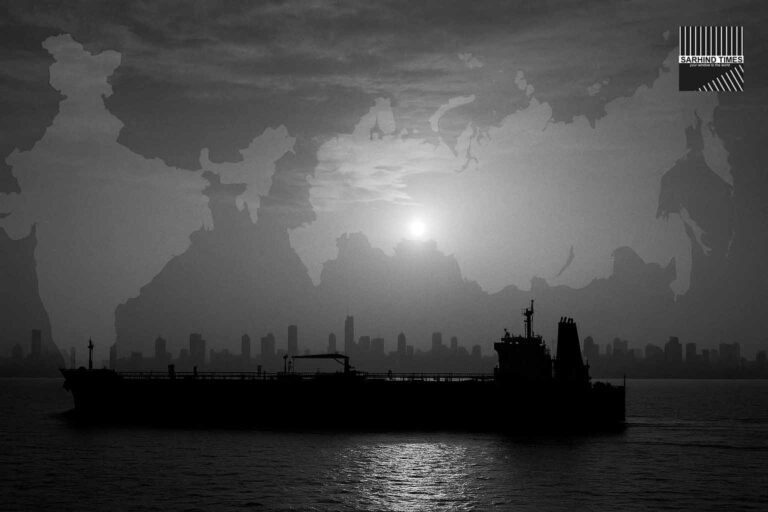

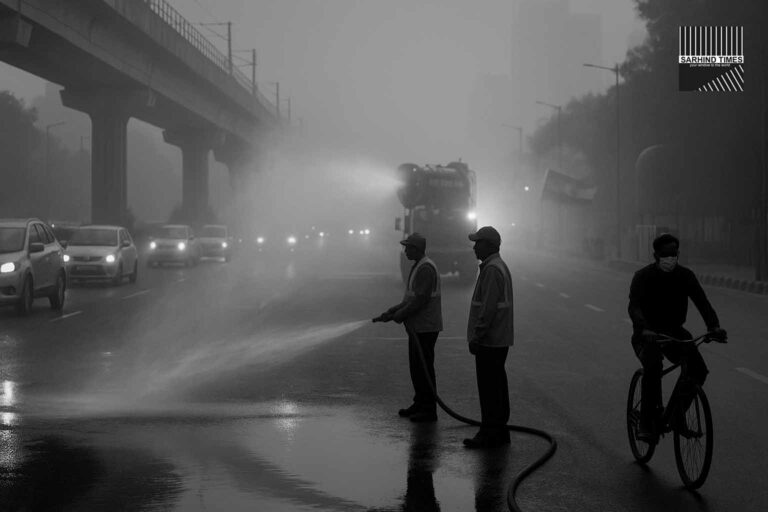




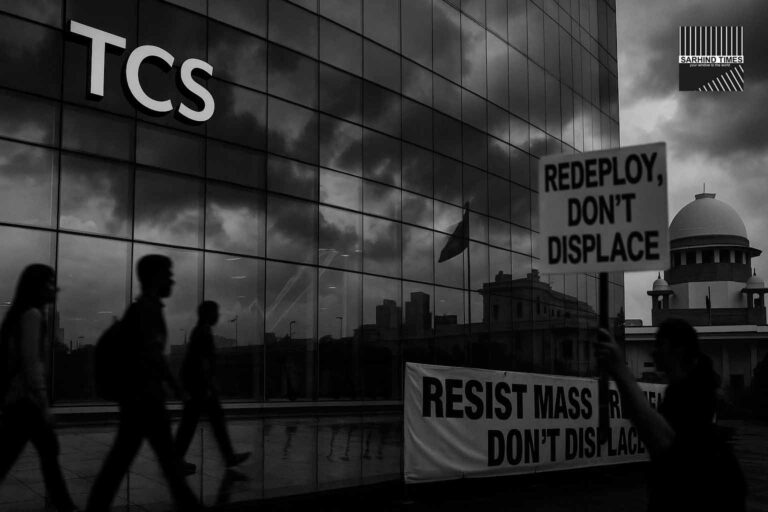
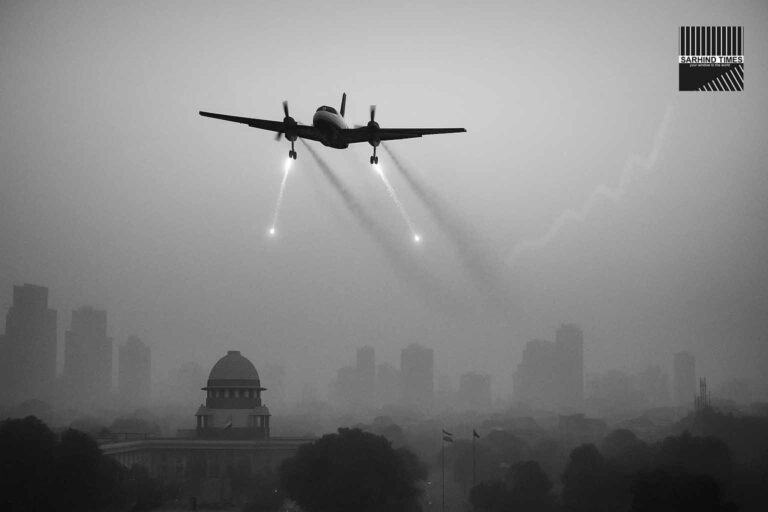
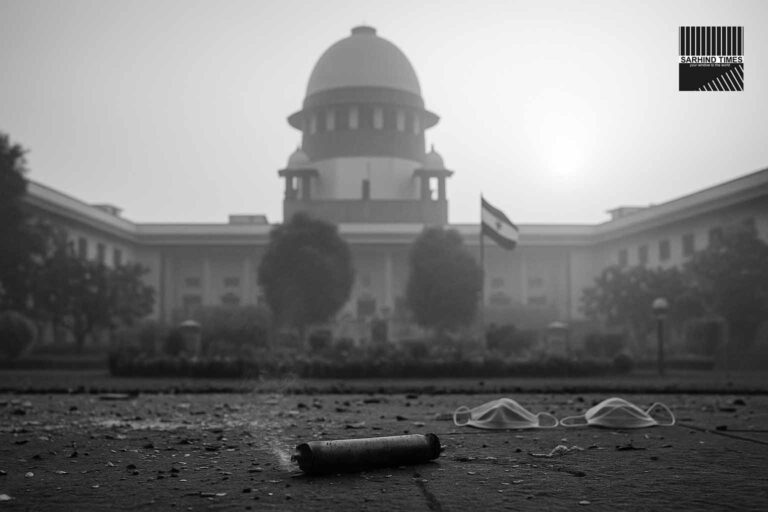
+ There are no comments
Add yours